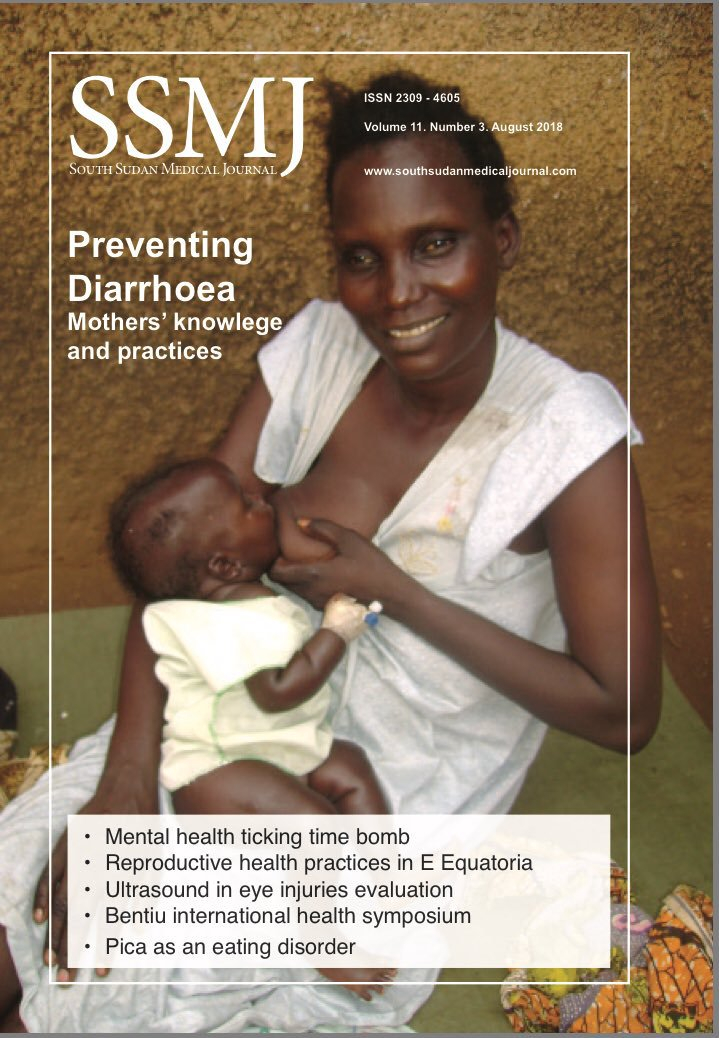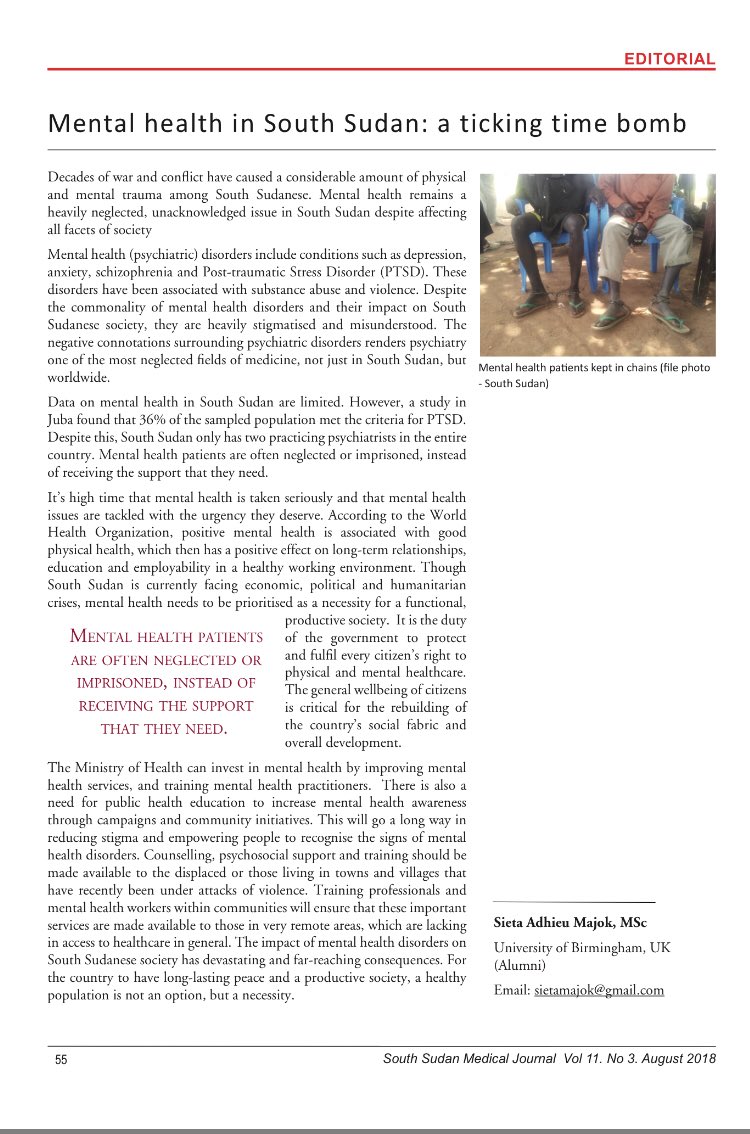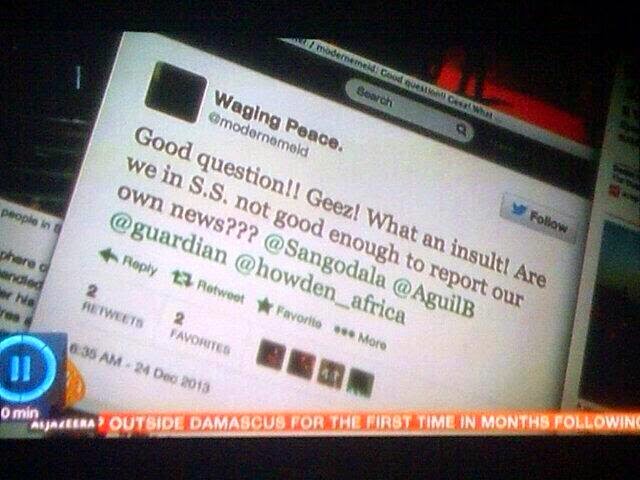Originally published on Kukosha Media October 2018
The Girl and the 500 Cows: The commodification of girls in South Sudan
By Adhieu Majok

A story of a tall, beautiful girl from Yirol in the former Lakes State of South Sudan, has gone viral within the South Sudanese community on social media. The competition for 17-year-old Aluet Ngong Deng’s hand in marriage is fierce; the highest bid is currently standing at 500 heads of cattle and three motor vehicles. The competing bid stands at 350 cows.
Aluet is from the Dinka tribe, a tribe for whom cattle carry significant economic and cultural importance In Dinka culture, a man is required to pay dowry to a woman’s family before he can take her on as his wife. The man is expected to pay a certain number of cows to the woman’s family. It’s also completely normal for him to ‘compete’ for a woman against her other suitors. The determining criteria for the successful suitor is a combination of the man’s personal background, his ability to take care of his potential bride financially, and how many cows he has offered for the marriage.
Historically, dowry has been utilised in Dinka culture for social exchange; it is seen as a token of appreciation to the parents for raising a girl until womanhood. The dowry contributions don’t only come from the groom himself; his friends and relatives contribute their own share. As it stands in South Sudan, a cow may cost US $200 to $400 (depending on inflation), an expensive endeavour for men of marrying age.
But due to high inflation, poverty, and cyclical conflicts within South Sudan, dowry demands have soared. Girls and women are seen as a source of wealth for families. One or two generations ago, dowries were far more modest. But today, in the Bahr el Ghazal region where child marriage is rampant, standard dowry demands may reach up to 200 cows – between $40,000 and $80,000.
Though Aluet has been the talk amongst South Sudanese on Facebook, the news has been met with mixed views; some women have declared that they would support their husband in taking on Aluet as wife number two, while others have criticised the high dowry offers. Criticism of Aluet’s case has been met with justifications of cultural precedence, and warnings of Western influence.
Links between dowry and conflict
Aluet’s case presents a damaging continuity within South Sudan; high dowry demands. High dowry prices fuel communal conflicts and cattle raids are common in the very rural areas of the country. Despite the fact that cattle are central to the lives of so many within the country, it’s often the primary source of conflict. The dowry demands of today, prices out many South Sudanese men who are earning an honest living. Young Dinka women would traditionally be married off to other young men, not much older men, who already have several other wives. According to the World Bank’s publication, The Other Half of Gender: Men’s Issues in Development, “In much of Sub-Saharan Africa, brideprice is commonplace, and thus marriage and family formation are directly tied to having income or property.” Patriarchal societies place men as the head of their households, but if a man cannot marry, his masculinity is challenged, and he is seen as inferior to his married agemates.
Dowry, has been abused; it has commoditised women, and been utilised as a wealth generator for many South Sudanese families. high dowry demands are one of the driving forces behind girl-child marriage and inter-communal conflicts. Furthermore, the offering of such high dowries, reflects the scale of corruption taking place in South Sudan.
It is widely said (on social media) that Aluet is 17 years old. According to the South Sudan Child Act of 2008, anyone under the age of 18, is a child. The leading competitors for Aluet’s hand in marriage are all over age 40. It’s without surprise, that this case is classed as child marriage by some critics of the marriage.
The story of Aluet presents the myriad of issues gripping South Sudan; high dowry, child marriage, and corruption. Though Aluet’s story is making the headlines today, there are still many marriages taking place, placing the number of cows offered as the primary interest, and not the happiness or the wellbeing of the bride. As a South Sudanese woman, I want to reiterate that I am a being, and not an asset to be eagerly trade off as a commodity.
Sieta Adhieu Majok is a British-Dutch South Sudanese microbiologist, writer, campaigner and political analyst. Adhieu is passionate about peacebuilding and women.


